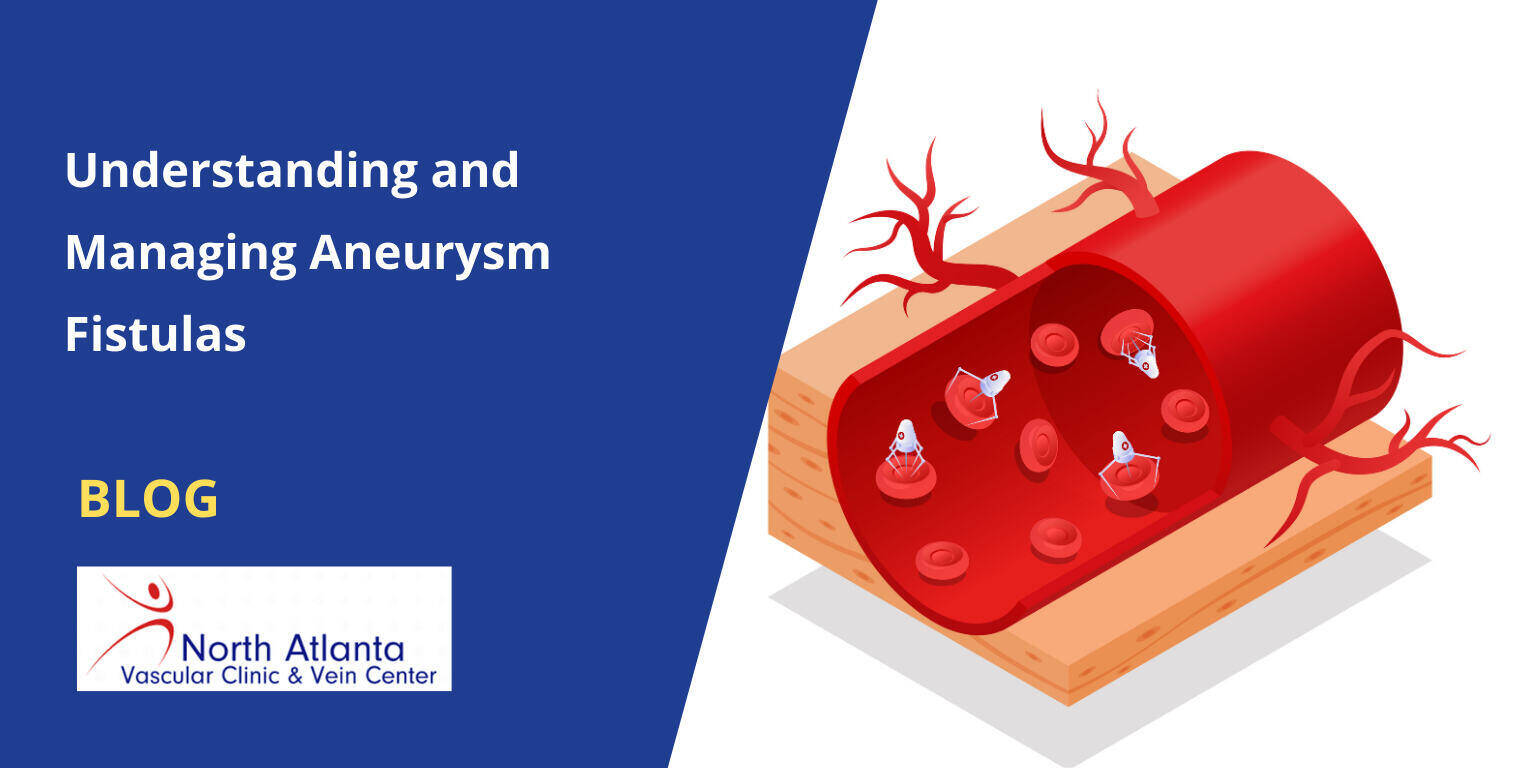



An aneurysmal fistula, also known as an AVF aneurysm, is a complication that can develop in arteriovenous fistulas (AV fistulas). AV fistula are surgically created connections between an artery and a vein, commonly used for hemodialysis in patients with chronic kidney disease.
While AV fistulas are a valuable tool for dialysis, aneurysms can form within them, impacting their function and potentially leading to life-threatening complications. They can also be congenital defects due to underlying ailments. Understanding this condition, its symptoms, and available treatment options is critical for those at risk.
An aneurysmal fistula forms a pathological connection between an artery and a vein, leading to abnormal blood flow. This condition can result in the dilation of the vessel, creating an aneurysm. Aneurysmal fistulas can be classified into two main types:
Aneurysmal fistulas can present with various symptoms depending on their size, location, and impact on surrounding blood vessels. Some patients may experience skin color or temperature changes, while others might feel a throbbing sensation. Here are the key symptoms to watch for:
These symptoms can vary in severity and may indicate underlying complications related to aneurysmal fistulas. Next, let us discuss the causes of AV fistula.
Aneurysmal fistulas can develop due to various underlying factors. These causes often involve damage or abnormalities in blood vessels, leading to the formation of an aneurysm. Common factors include:
One or more of the above causes may lead to AV fistulas. However, some aspects may increase the risk of developing this complication.
Several risk factors increase the likelihood of developing aneurysmal fistulas. While those with a family history may have a genetic disposition, lifestyle changes and underlying conditions may be responsible, too. These factors are more common:
Aneurysmal fistulas, if left unmanaged, can lead to significant complications that impact both function and overall health. Effective management is crucial to prevent serious outcomes and ensure the fistula remains functional. Complications can include:
To manage these complications, we can take the following steps:
Prompt attention and appropriate management strategies are essential to lessen risks and maintain the health of the AV fistula.
Fistula treatment addresses the underlying problems, relieves symptoms, and prevents complications. Depending on the location and severity, several treatment options are available. The major ones are:
Consult your healthcare provider if you experience pain, swelling, or a pulsatile mass. Immediate attention is necessary for sudden or severe symptoms, such as increased pain or signs of bleeding and infection. Getting timely intervention can reduce the risk of developing new problems and increase the probability of a positive outcome.
Aneurysmal fistulas represent a significant vascular concern that requires awareness and proactive management. Knowing the symptoms, causes, and risk factors is essential for effective treatment. If you suspect you may have an aneurysmal fistula, do not hesitate to seek professional advice for personalized treatment and management.
At North Atlanta Vascular Clinic & Vein Center, we have board-certified vascular surgeons with years of experience in treating a variety of vascular and venous diseases in Suwanee/Johns Creek, Alpharetta, Lawrenceville & Cumming, GA. Our seasoned professionals can work skillfully to help you live a safe and pain-free life. Book an appointment with us to learn more.